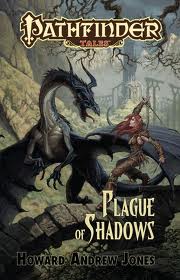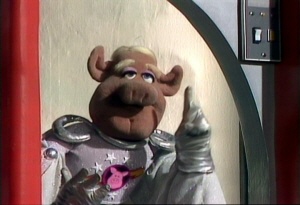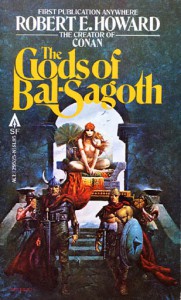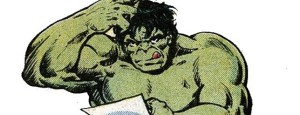Elyana Rides Again
 If it’s been quiet here, that’s because you couldn’t hear the sound of my laptop keys clicking away.
If it’s been quiet here, that’s because you couldn’t hear the sound of my laptop keys clicking away.
I’ve just turned my second Paizo Pathfinder novel over to, you guessed it, Paizo, and I believe it to be a better adventure than the first. That should please those of you who liked the first one (and perhaps, who knows, interest those who were less kindly disposed). Drelm and Elyana’s second adventure is now in the hands of James Sutter. I’m not sure when it will be released — that will depend in part upon how much editing the text requires and what’s in the queue ahead of it.
I’ve been running at deadlines for the better part of a year and a half now, and it’s taken a real toll on my family. So, for the next week, I’m just going to be doing some fun things WITH that family. The kids are getting older. So am I. Going forward I’m going to try to arrange things so that I’m not constantly frantic about some looming deadline.



